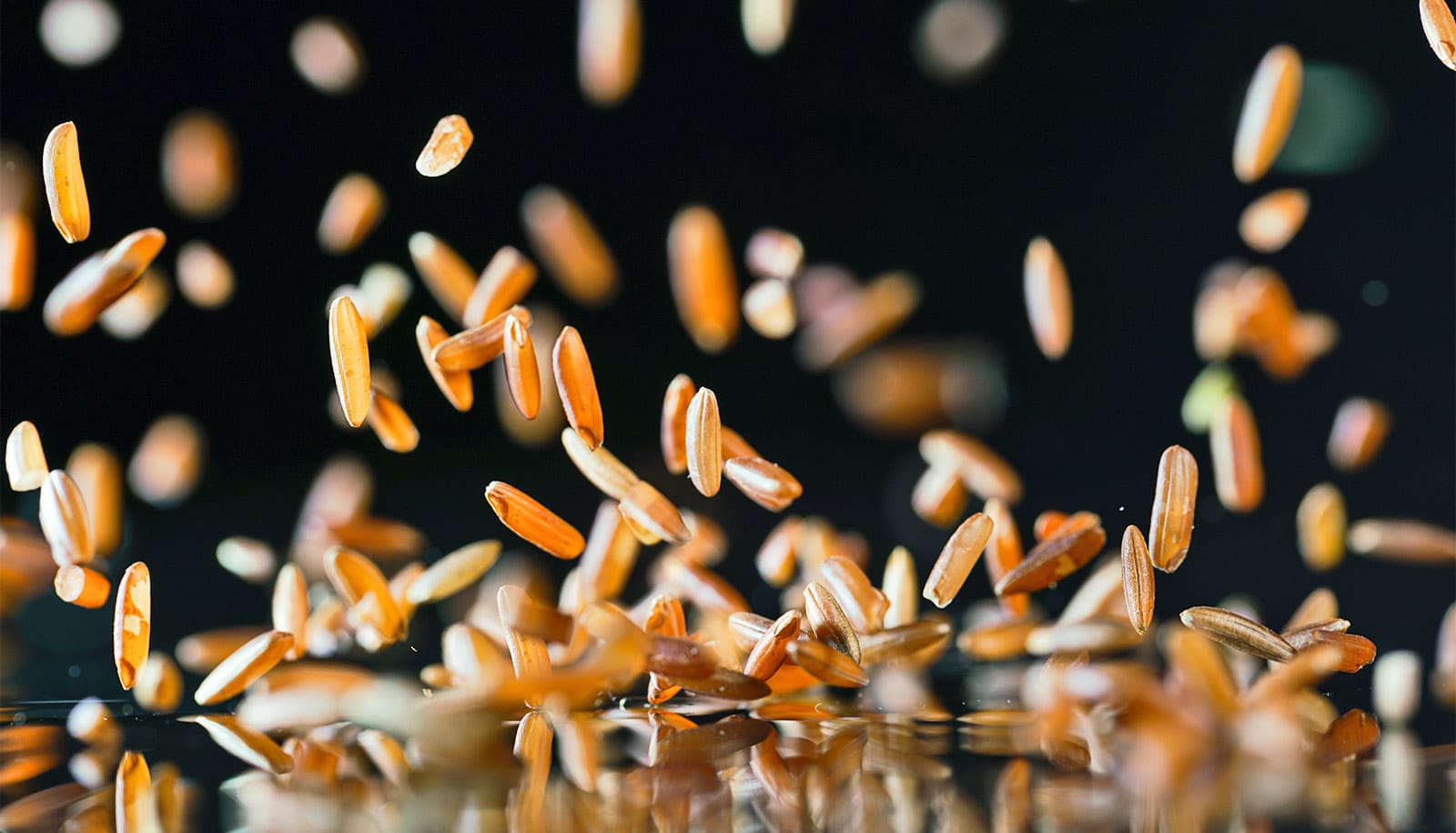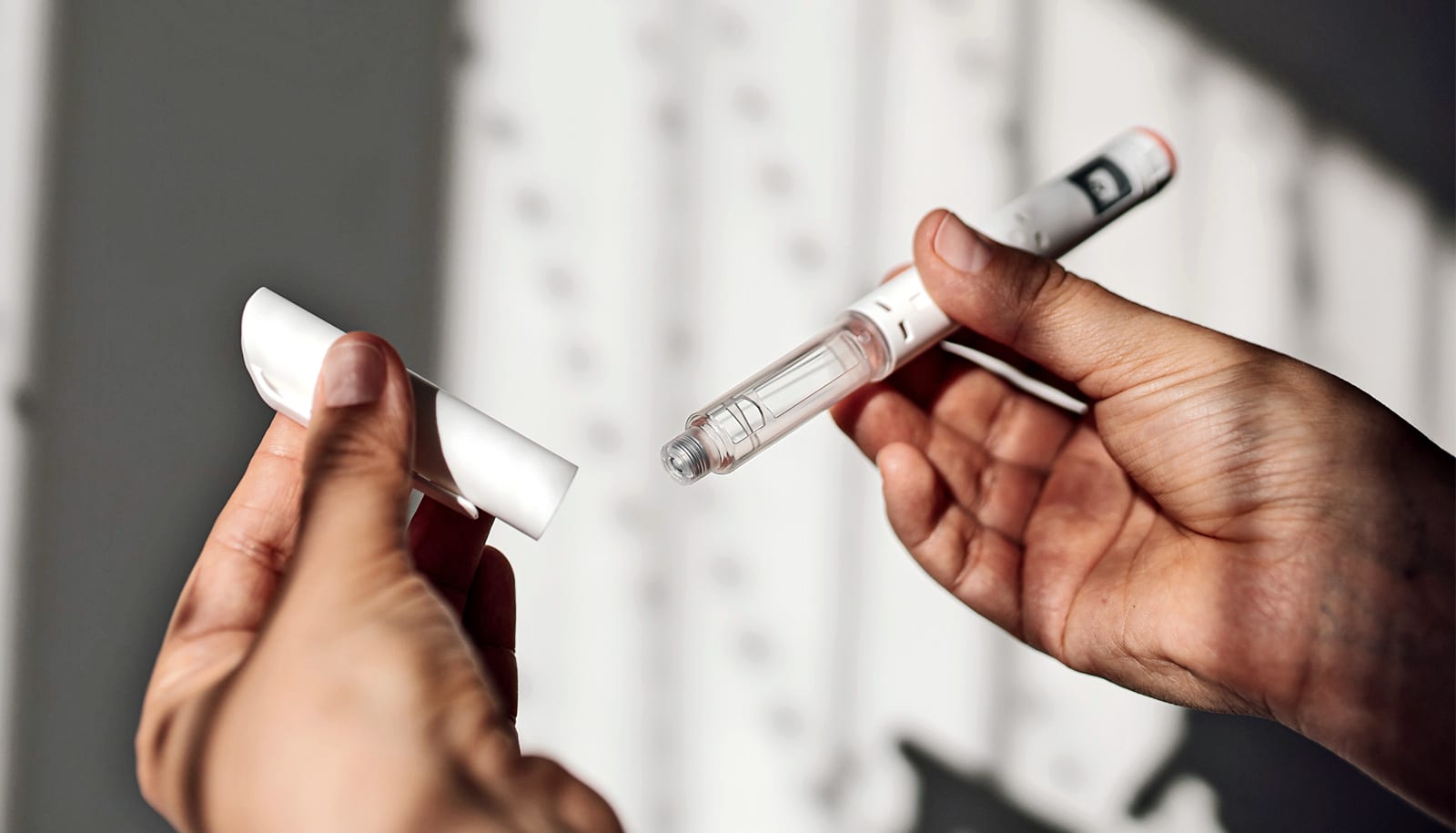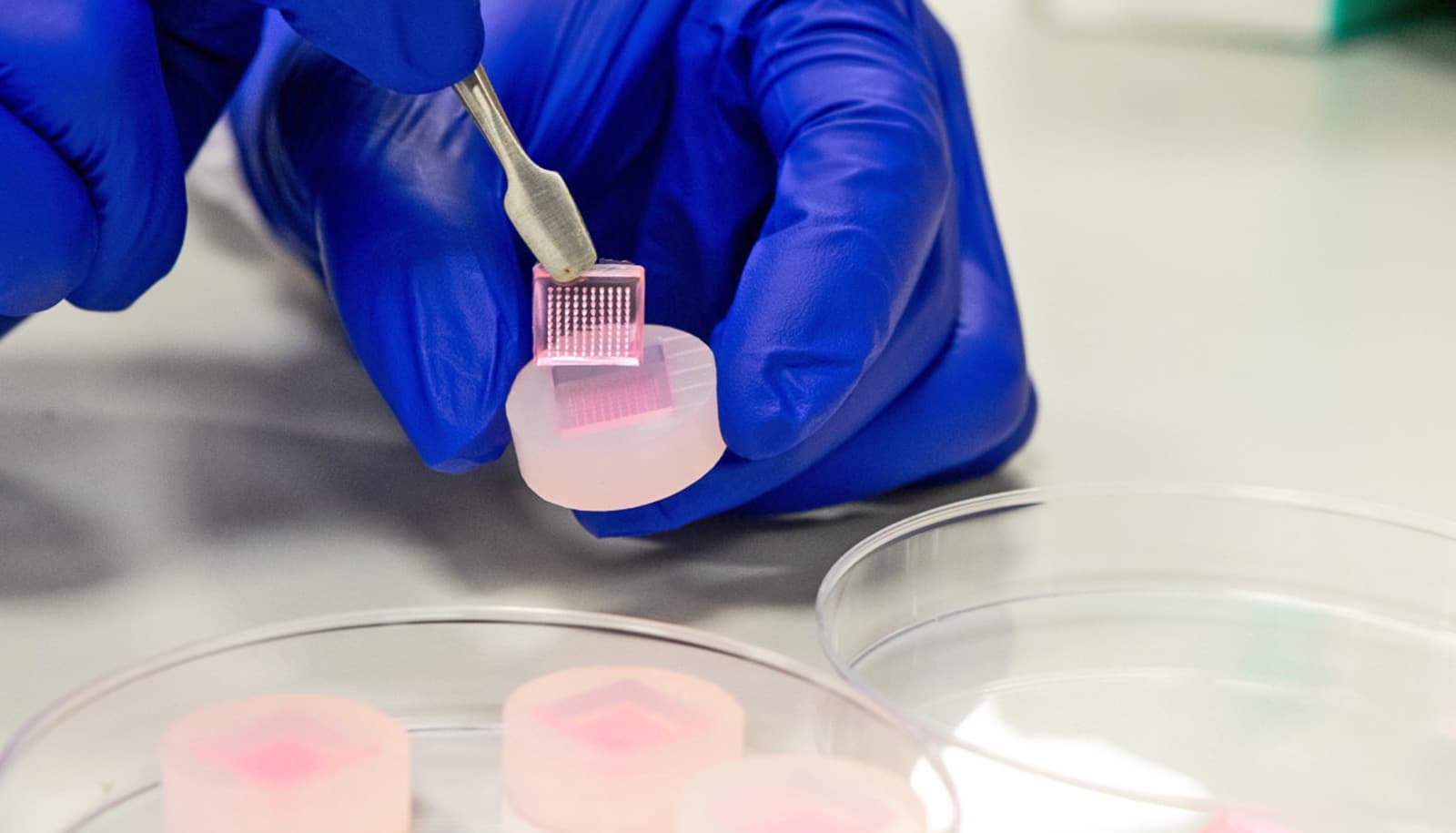A fiber supplement can help patients with type 2 diabetes increase their insulin secretion, even after a high-fat, high-carbohydrate meal, a small study shows.
“Dietary fiber is known to reduce the incidence of diabetes and cardiovascular disease in large epidemiological studies,” says Paresh Dandona, professor and chief of the division of endocrinology in the Jacobs School of Medicine and Biomedical Sciences at the University at Buffalo.
The current work builds on his team’s previous research, published last year, showing that adding fiber to the diet after a high-fat, high-carbohydrate meal, which is known to increase inflammation, will have beneficial anti-inflammatory and metabolic effects.
“An increase in dietary content of fiber, whether through food or a supplement, should be encouraged…”
Researchers studied 12 patients at the Clinical Research Center, a part of the Division of Endocrinology, Diabetes and Metabolism.
Researchers measured levels of blood sugar, insulin, and proteins involved in inflammation in the patients after they consumed a high-fat, high-carbohydrate meal. The same patients consumed the same meal a week later, but this time they also consumed Fiber One (a commercially available supplement) before and after the meal.
“After eating the meal, diabetics’ insulin secretion increased significantly after the fiber. However, this increase wasn’t sufficient to reduce their glucose levels,” Dandona says.
The supplement also resulted in suppressing comprehensively inflammation and oxidative stress in these patients.
High-fiber foods may boost gut bacteria to control diabetes
“An increase in dietary content of fiber, whether through food or a supplement, should be encouraged in order to reduce oxidative and inflammatory stress and hence, a tendency to induce insulin resistance,” Dandona says.
Researchers presented their findings this week at ENDO 2018, the annual meeting of the Endocrine Society, in Chicago.
Source: University at Buffalo



